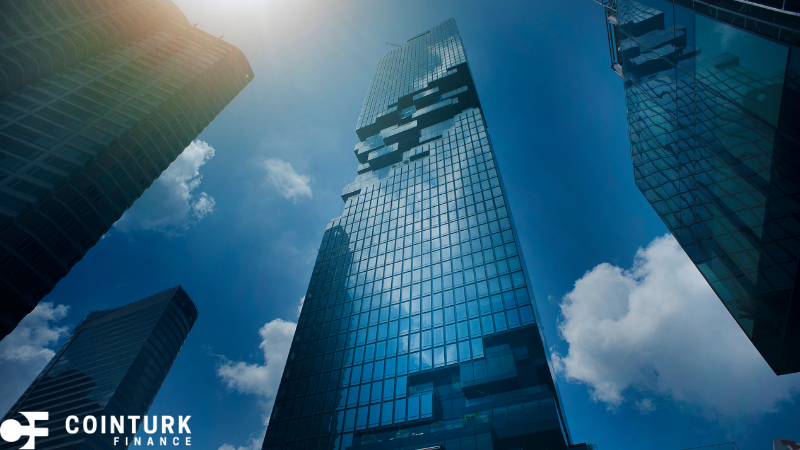In a move that underscores the importance of sustainable practices, Microsoft (NASDAQ:MSFT) has entered into an agreement with Sublime Systems to acquire over 600,000 tons of its low-carbon cement. This procurement signifies Microsoft’s commitment to addressing its carbon emissions, particularly from construction activities. As the tech giant continues to grow and expand its infrastructure, balancing ecological commitments with development needs is crucial. This deal also highlights the potential for innovative approaches to reduce emissions in hard-to-tackle sectors like cement production.
Microsoft’s pursuit of low-carbon materials signifies a notable shift from past strategies emphasizing energy efficiency in data centers and renewable energy adoption. While these remain pertinent, the new focus on embodied carbon in construction materials points to a broader strategy. Cement, a key contributor to global CO2 emissions, has emerged as a critical target for emissions reduction efforts. This agreement with Sublime allows Microsoft to explore sustainable options for infrastructure growth while addressing global environmental concerns.
What is Sublime Systems Offering?
Sublime Systems, founded in 2020 at MIT, has innovated an electrolyzer-based method to produce cement at ambient temperatures. This method replaces traditional, energy-intensive kiln processes, reducing the CO2 emissions usually generated from limestone. The company’s technology represents an evolution in materials science, offering a cleaner, more efficient way to meet cement demand. With this agreement, Microsoft’s investment aids in scaling Sublime’s operations, potentially transforming market dynamics for sustainable materials.
How Does This Deal Benefit Both Parties?
The agreement benefits both Microsoft and Sublime significantly. Microsoft not only secures a supply of low-carbon cement for its construction projects but also purchases environmental attribute certificates (EACs) separately. This mechanism resembles the approach of decoupling renewable energy certificates from energy usage. For Sublime, this partnership provides a crucial foothold in scaling production capacity, further validating its technology in a market seeking sustainable solutions. Dr. Leah Ellis, CEO of Sublime Systems, highlighted the importance of demonstrating bankable customers for funding manufacturing expansion, positioning Microsoft as a pivotal partner.
“This purchase enables Microsoft to access Sublime’s low-carbon cement technology regardless of where their construction is. This solves a previously intractable challenge for clean cement scale-up,” remarked Dr. Leah Ellis.
The significance of this deal extends beyond its immediate benefits. Microsoft has actively been exploring alternatives to carbon-heavy construction materials, as evidenced by its interest in wood for data centers and low-carbon technologies via the Microsoft Climate Innovation Fund. The ongoing transition in construction materials highlights an important pivot towards more sustainable infrastructure foundations. Katie Ross emphasizes this strategy as a flywheel effect, signaling demand and driving down costs over time.
“Buying and using existing low-carbon materials builds the market for existing solutions,” said Katie Ross, Director of Carbon Reduction Strategy at Microsoft.
Microsoft’s challenges in minimizing its environmental impact demonstrate the broader need for corporations to integrate sustainability into their growth trajectories. While the company’s move to secure low-carbon cement reflects an immediate step, it also adds a facet to its long-term green strategy. As businesses worldwide face mounting pressure to cut emissions, similar agreements could forge pathways toward scalable sustainable practices in heavy industries.










